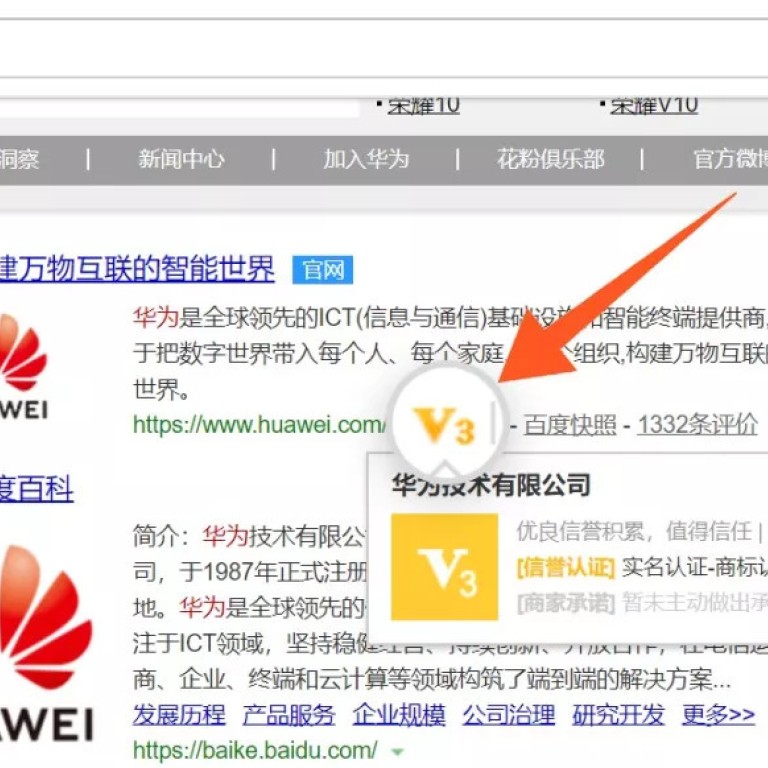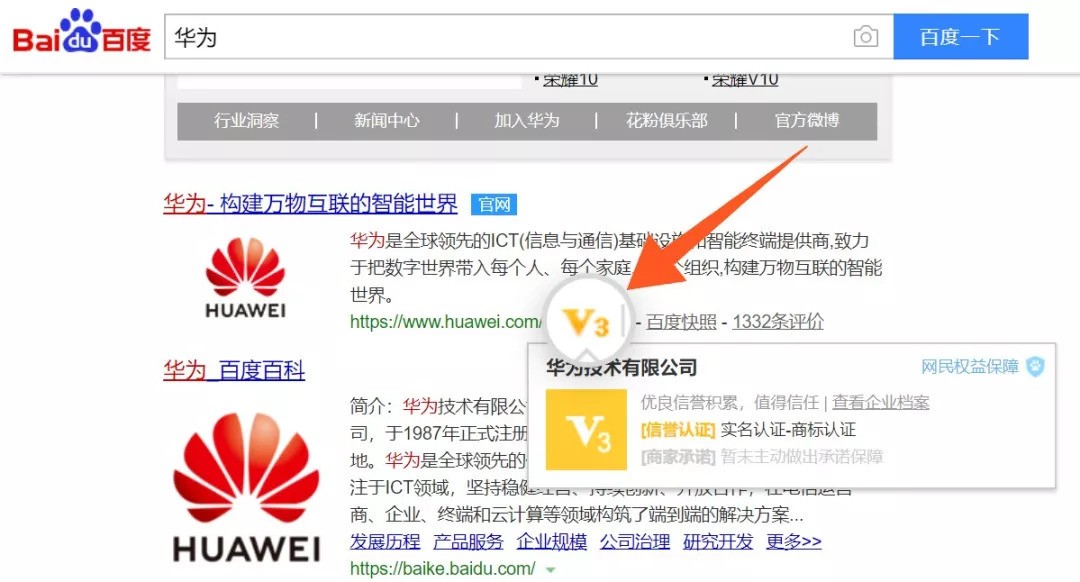
Netizens outraged by Baidu's response to fake hospital ads
China’s biggest search engine says users should use its other app instead
Chinese internet users are finding it hard to find what they want on the country’s dominant search engine.
How Baidu's Robin Li founded China's answer to Google
And then, over the weekend, China’s state broadcaster CCTV aired a news segment about a woman in Shanghai who searched for a local public hospital for rhinitis treatment. Instead of the public hospital, the woman was led to a different hospital with a very similar name instead. That hospital charged the woman more than 10,000 yuan (US$1,472) for an operation -- before she went to the real hospital, and discovered that an operation was unnecessary.
Baidu’s CEO Robin Li isn’t afraid of Google’s rumored comeback to China
Its first suggestion is that users should go for links marked with either “Verified” or “Official site” when looking for a hospital or a brand. It then explained how users can send feedback to Baidu when they find an official site that’s not marked, and report when they spot a scam site.

“Despite the fact that Baidu has been striving to strike scam sites and underground operations, some lawbreakers are always finding ways to violate the rights of internet users,” Baidu said in the article, where it also pledged to compensate users who have been scammed.
People are not satisfied with the company’s response.
In its apology, the company also took the opportunity to plug another Baidu product, suggesting that users try out the “Simple Search” mobile app.
For more insights into China tech, sign up for our tech newsletters, subscribe to our Inside China Tech podcast, and download the comprehensive 2019 China Internet Report. Also roam China Tech City, an award-winning interactive digital map at our sister site Abacus.

